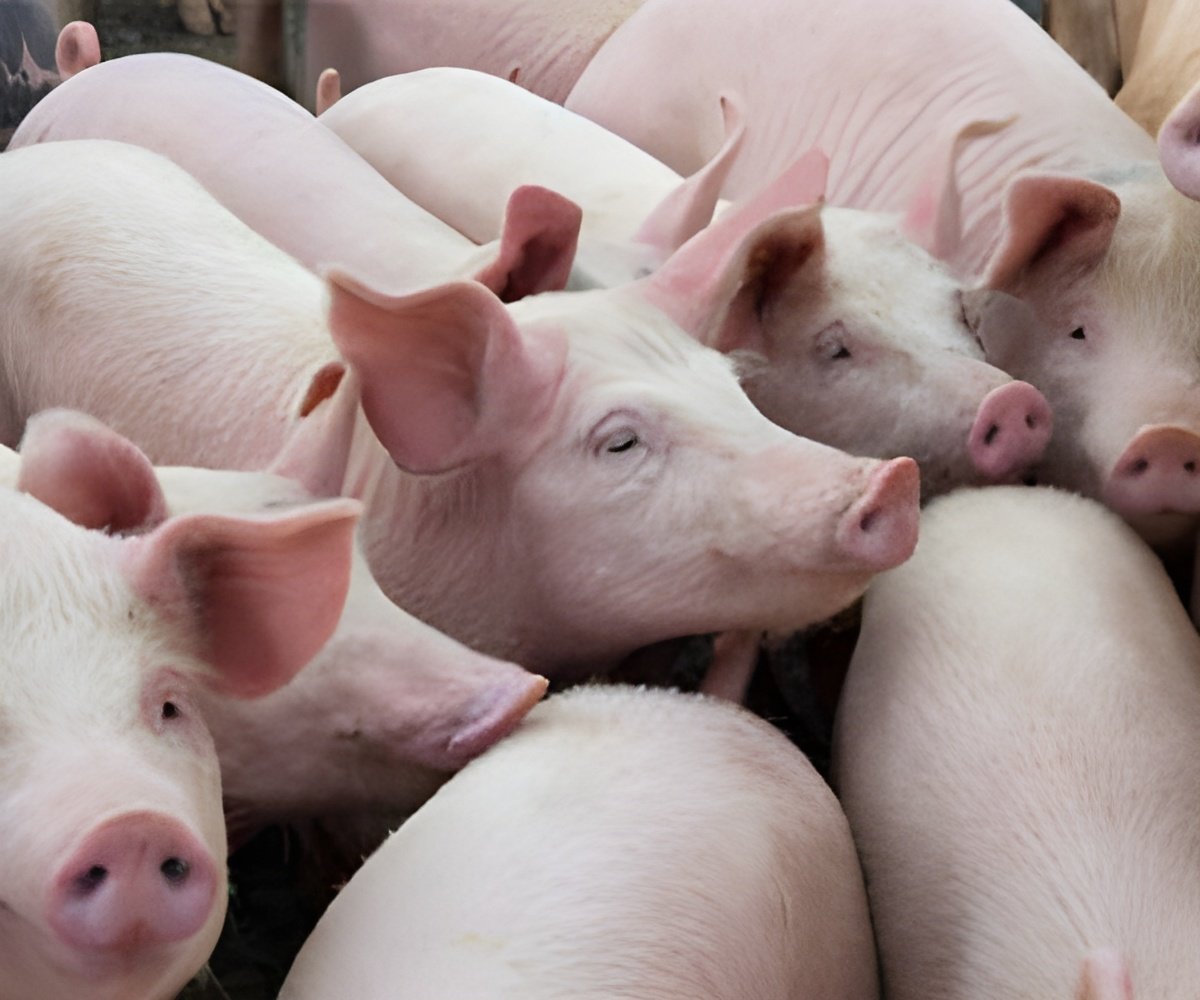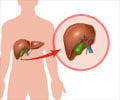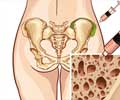Pig's heart could be transplanted into infants who are waiting for immediate heart transplantation is a temporary treatment option that could help life support until a new human heart becomes available.

‘A large number of babies suffer from complex heart diseases necessitating immediate heart transplantation. However, the organs available are short from what is needed. Since rearing and genetically modifying pigs are much easier, this could provide a solution to this menace.’





Cleveland and colleagues from UAB analyzed how an infant’s blood serum would react to a “triple-knockout” pig — a pig that has been genetically modified to delete all three major antigens that are known to react with natural human anti-pig antibodies. This immune monitoring was conducted in 70 infants less than 1 year of age using a blood test known as flow cytometry. The 70 infants were separated into two groups. Group one consisted of 50 infants who had never been exposed to any surgical procedure or blood transfusion, and group two consisted of 20 patients who had undergone previous heart surgery, blood transfusion or exposure to biologic tissue patches (pig or cow).
The level of reactivity of human antibodies to pig cells is important because, if the level is high, it suggests that early rejection would occur following a heart transplant. In this respect, the researchers found that no infants in the first group had any immunoglobulin M (IgM) antibodies directed to TKO pig red blood cells, while only one infant showed a “very weak” immunoglobulin G (IgG) reaction. IgM is usually the first antibody to react against pig tissue. IgG is the most abundant antibody in the human body. In group two, one of the 20 patients had an IgM reaction to TKO pig blood cells, and two had an IgG reaction; but in all cases the reactions were very weak.
“The reactivity of the infant’s serum to TKO pig red blood cells was almost zero, indicating no antibody binding and therefore no killing of the pig cells,” Cleveland said.
Scarcity of organs in the U.S.
Advertisement
“This would be especially important because very few human organs become available for transplantation into infants — particularly those with complex congenital heart disease,” he said. “Furthermore, using mechanical assist devices in infants is suboptimal.”
Advertisement
“The need is so great in infants,” Cleveland said. “As we’ve increased our ability to keep really critically ill babies alive, we’ve increased the number of babies with significant heart failure. There’s no good option treatment for these children.”
Why pigs?
Material from domestic pigs — heart valves — has been used routinely and safely for medical purposes for a long time. Cleveland says pigs can be bred and raised in large numbers, and genetic engineering of their hearts is relatively easy.
Provided the pigs are treated humanely, use of pig parts may present less of an ethical dilemma than using organs from other animals.
“The present evidence is that the public would accept a pig heart transplant if it were life-saving,” Cleveland said.
Although much more work is needed before xenotransplantation trials in humans can begin, this research has moved an important area of study significantly forward. Cleveland says the next phase is the transplantation of TKO pig hearts into non-human primates to demonstrate long-term survival.
Source-Newswise















